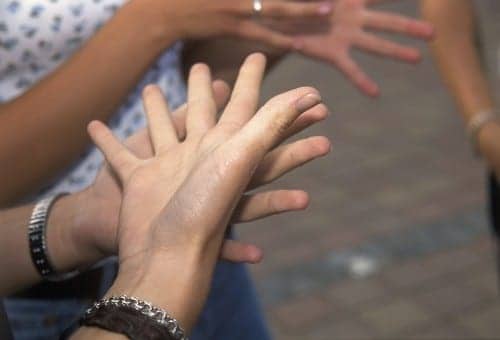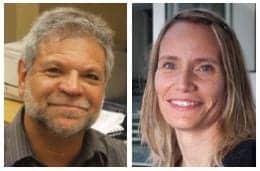A new multi-lingual devised theatre production, Salonica, by Equal Voices Arts Company has been invited overseas to perform and tour in the UK, Serbia, and Montenegro, the University of Waikato announced.
Reportedly the first of its kind to tour internationally, the piece is performed in New Zealand Sign Language (NZSL), English, and Serbian. The ground-breaking piece of original theatre criss-crosses languages and cultures to share a vital story of friendship and communication against the odds with the backdrop of World War One. It is poignant timing as the company will be overseas for Anzac Day, sharing the story of a Kiwi soldier with an international audience.
The project is led by Dr Laura Haughey, who is a senior lecturer in Theatre Studies at the University of Waikato and artistic director at Equal Voices Arts. Haughey has been working with an international team of deaf and hearing artists from New Zealand, Serbia, and the UK at the University of Waikato. The team is making the long trip to the UK to perform the world premiere of Salonica in Leeds, at the Carriageworks Theatre, before embarking on a European tour.
“Salonica has been developed to be accessible to deaf and hearing audiences in all the countries it travels to. The piece is performed with no formal interpretation between languages so the languages are explored on stage with equal status. We explore the creative possibilities in making theatre accessible for diverse audiences,” said Haughey.
New Zealander Shaun Fahey is a deaf actor in Salonica and his first language is NZSL. “I’m really excited to be bringing New Zealand Sign Language to European stages,” said Fahey. He performed and toured New Zealand in the award-winning Equal Voices Art’s production of At The End Of My Hands in 2016.
Fahey will perform alongside Mihailo Ladevac whose first language is Serbian. Ladevac, an actor for the National Theatre in Serbia, has enjoyed the process of working in three languages in rehearsal. “It was a great challenge exploring accessibility for diverse audiences within three languages and reassuring ourselves over and over that theatre has no boundaries. The most exciting part is that all we see in the performance is that it actually could have happened—Shaun’s grandfather and my great-grandfather were soldiers in the Great War, and could have met in Salonica in 1917,” said Ladevac.
The team developed the piece at the University of Waikato, and worked alongside UK-based Writers Guild award-winning dramaturg, Bill Hopkinson. The story centres on the friendship between a Serbian soldier and a Kiwi sapper, who has concealed his deafness to join up.
“The idea for the piece was inspired by actual stories of deaf soldiers who concealed their deafness to go to war, there were British, Irish, and Australian examples and, who knows, there may have been a Kiwi. So much deaf history is now revealing itself to us as we become aware of its importance,” said Hopkinson.
The production will return to New Zealand to perform later this year.
Source: University of Waikato





